In light of the Federal Reserve's interest rate cuts leading to reduced returns on dollar-denominated assets, Chinese companies have been repatriating funds to the domestic market last month, resulting in China witnessing its largest single-month capital inflow in about two years.
Official data released on Tuesday indicated that in September, domestic companies sold foreign exchange to banks at a peak level not seen since December 2021, marking a sharp reversal from the substantial purchases of dollars and other currencies over the past year.
The data also revealed an increase in foreign exchange settlements for goods trade (demonstrating a growing confidence in the stability of the Chinese yuan), and foreign exchange sales related to securities investments reached a record level.
This shift occurred following the recent depreciation of the US dollar. After the People's Bank of China introduced a series of measures to support the economy and boost the stock market, the offshore yuan gained additional momentum at the end of September, once breaking through the threshold of 1 US dollar to 7 Chinese yuan.
However, as doubts about the pace at which the Federal Reserve will cut interest rates continue to grow, the US dollar has recently shown signs of rebounding.
Ken Cheung, Chief Asian Currency Strategist at Mizuho Bank, stated: "The data confirms that after the Federal Reserve's policy shift, the risk of yuan depreciation has eased, and the appreciation of the yuan is supported by actual foreign exchange settlement flows."
He pointed out that the sustainability of this trend will depend on the pace of the Federal Reserve's interest rate cuts and the intensity of China's stimulus measures.
Considering investors' contemplation of a slowdown in the Federal Reserve's interest rate cuts, the Chinese yuan has already depreciated by 1.8% against the US dollar in offshore transactions this month. Due to investors' disappointment with the lack of subsequent policies, the significant rise in the Chinese stock market has also lost some momentum in recent weeks.
At a press conference on Tuesday, officials from China's foreign exchange regulatory agency emphasized signs of improved market sentiment, such as the increase in foreign currency settlement ratios and the growth of foreign holdings in local bond positions.
Li Hongyan, Deputy Director of the State Administration of Foreign Exchange, stated that expectations and transactions in the foreign exchange market remain orderly and rational.The State Administration of Foreign Exchange (SAFE) always pays close attention to changes in the situation, and there are still several uncertain and unstable factors in the external environment. The foreign exchange management department will continue to monitor and assess the international economic and financial situation as well as the monetary policy trends of major developed economies. It will continuously accumulate and summarize experience in response, enrich the policy toolkit, and implement counter-cyclical macro-prudential adjustments in a timely manner to ensure the stable operation of the foreign exchange market.
Eddie Cheung, Senior Emerging Markets Strategist at Credit Agricole CIB in Hong Kong, said: "The key is whether this momentum can continue. I think the data for October will also be quite strong, but it's still just a two-month period."
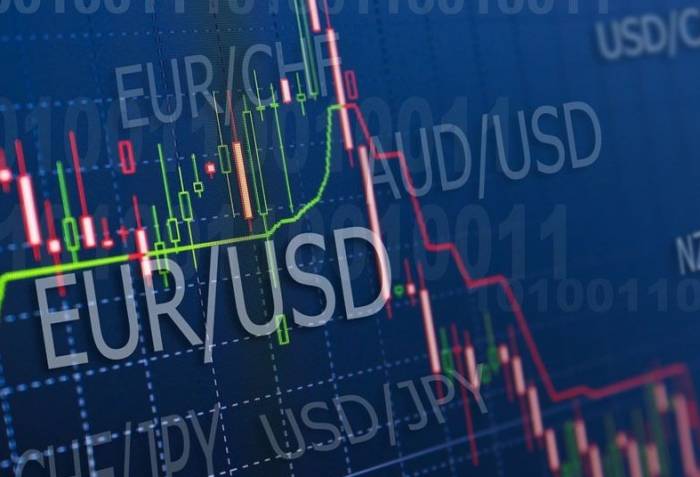






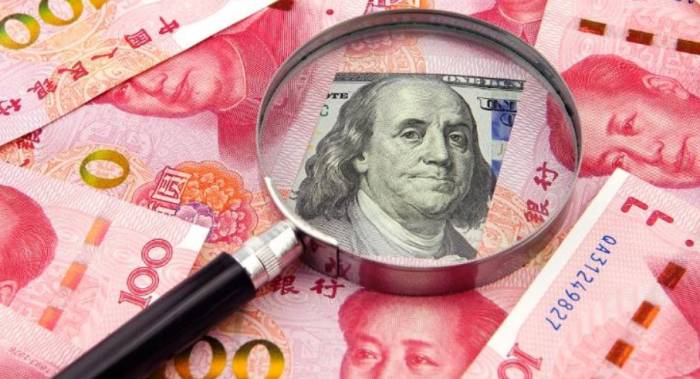



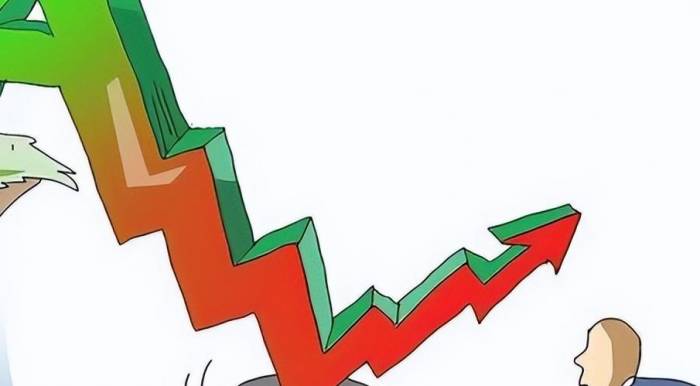

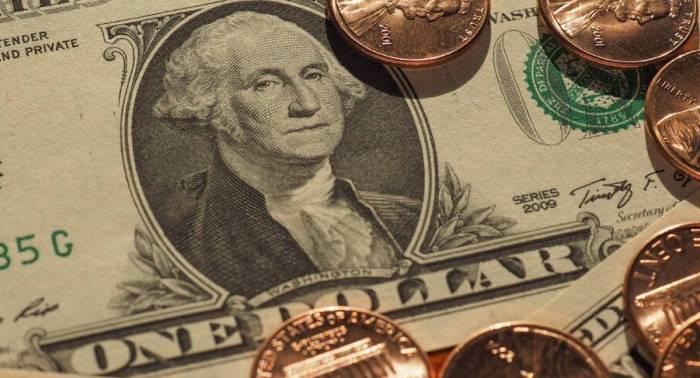

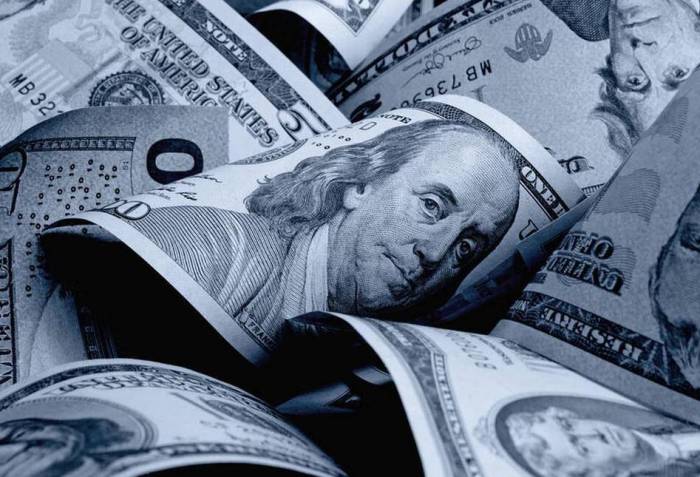
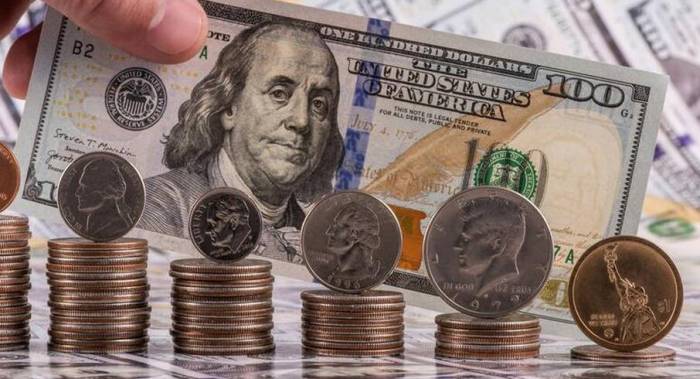





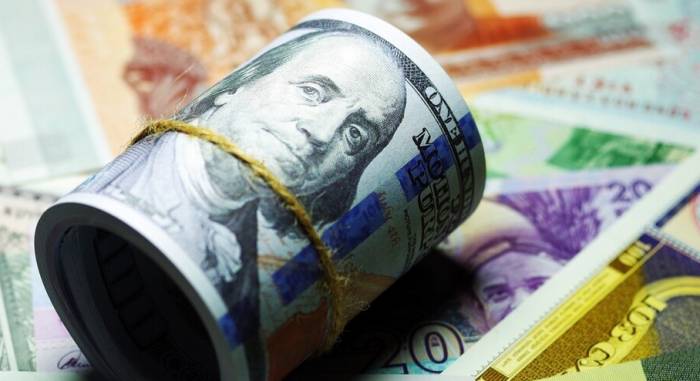



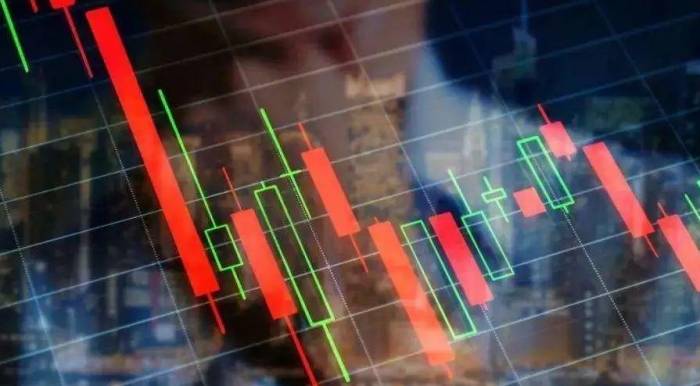
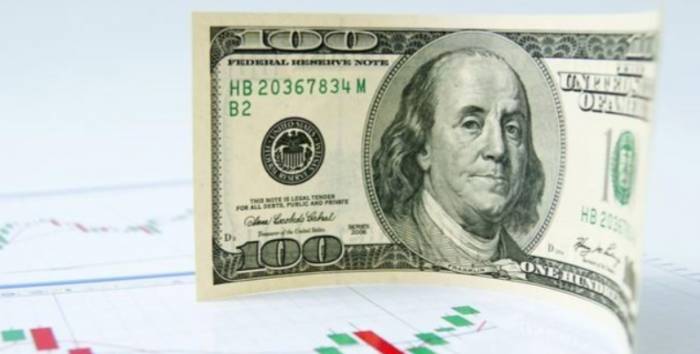


Comments
Join the discussion